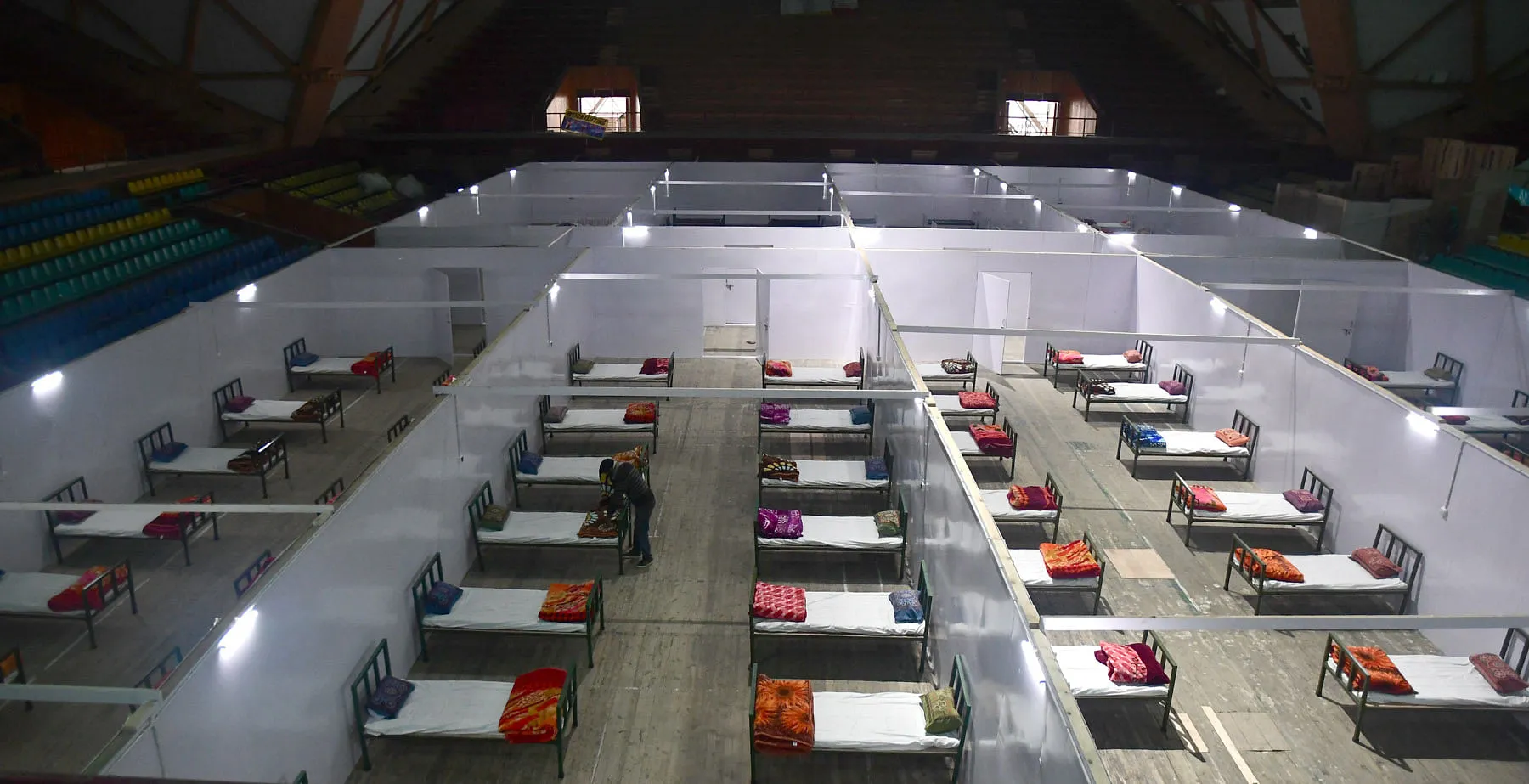Apart from the health, social and economic impacts of COVID-19, there are also lessons for us to learn to face similar challenges with better planning. In recent months there has been an urgent call to deal with unpredicted disasters like Covid-19 which has caused havoc in the West and rest of the world. It is ironic that Nations (especially Developing & Under Developed Nations) are still investing billions of Dollars on defense to safeguard their borders, but they show least concern about the health sector. We are still lacking basic infrastructure health facilities in poor countries. Keeping in mind the growing population and sophisticated lifestyle, the world needs to understand the importance of a sound health system that could help member countries to face the upcoming pandemics with more vigor and intensity. In this article I will focus on some of the lessons we learned from Covid-19 pandemic.
Health Sector Needs Revamp
There is a dearth of medical facilities both in urban and rural areas. Even in urban cities of countries like India medical capacity has usually been taken for granted. The scenario of health capacity in rich countries is also not up to the mark to treat the people when there is mass scale infection in the population. Most important sector that needs quick relook to enhance capacity building of medical facilities include infrastructure & manpower. For example, there was paucity of ventilators and other equipment in our hospitals required to meet the challenge of growing critical patients. This is the first thing that needs immediate attention in order to develop capacities in our hospitals to meet the challenge. Lack of available manpower (practicing medical professionals) also hinders the medical treatment to the patients because these professionals act as warriors during pandemics. India is blessed with a huge number of qualified and capable base of medical professionals whose expertise need to be tapped to tackle the medical crisis. There is an urgent realization that we need to have reserve qualified medical personals who are ready during medical emergencies.
Innovative ways to tackle future pandemics
Another important lesson for researchers and health professionals is to find innovative diagnostic tools that will enable us to find infections before they spread. The poor diagnostic tools to detect the COVID-19 in the beginning of the pandemic was a major problem to contain the virus from spreading across the borders. Even today we do not have an effective testing procedure which is highly specific for diagnosis of COVID-19. Researchers have recently suggested smarter lung scans and screening blood samples for better testing of COVID-19 patients. There is an urgent need for smart technology like Artificial Intelligence for the surveillance and diagnosis of emerging infectious diseases.
Collaborative research on new emerging diseases
As I mentioned in the beginning, countries spend billions of Dollars on defense, but have scanty funding for research. The important message from the current pandemic is that there is dearth of research on Emerging Diseases. The worrying factor about these diseases is that we have scanty knowledge about their epidemiology and emergence. The collaborative global research on emerging diseases with international funding is needed to kick start our efforts against deadly diseases. we need innovative research and systematic monitoring programmes to obtain first-hand information about patterns of these diseases. For that, governments need to invest more on research and make special provisions for the establishment of ‘Research Cell’ for the management of emerging diseases.
Public awareness about hygiene
Our society still believes in centuries old myths that do not help medical professionals to convince the general public about the general benefits of hygiene. However, the CVOID-19 crisis has been a big opportunity for the general public to learn that hygiene helps. Recent research shows that maintenance of proper hygiene played an important role in many developed countries to prevent the mass scale spread of Corona Virus. Societal awareness on social media has taught people to wash their hands regularly for at least twenty seconds. This was the first time in history people acknowledged practically the value of washing hands and social distancing. Furthermore, the general public followed the health advisory and SOP’s that were given by health authorities from time to time. The important take away from the COVID-19 is that we need to maintain general hygiene at home and at the workplace in order to prevent future COVID-19 like crises. It is human nature to forget the past, and remain complacent. Therefore, it becomes the duty of governments to impress upon the people for maintaining general hygiene for the public interest.
Finally, we need to focus on future challenges of similar types of pandemics. Small steps like practicing personal hygiene and social distancing during spread of infectious diseases has a huge outcome on the containment of diseases. At the global level brainstorming sessions are needed for the generation of public awareness with regard to upcoming challenges of infectious diseases and their mitigation. We must understand that medical intervention in the form of vaccines and drugs are short term solutions for these pandemics. We must devise consensus on how to keep ourselves healthy under an infectious environment with least dependence on medicines and vaccines.
Dr. Ummer Rashid Zargar is Assistant Professor (Zoology), Government Degree College Boys, Anantnag






